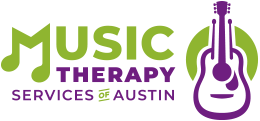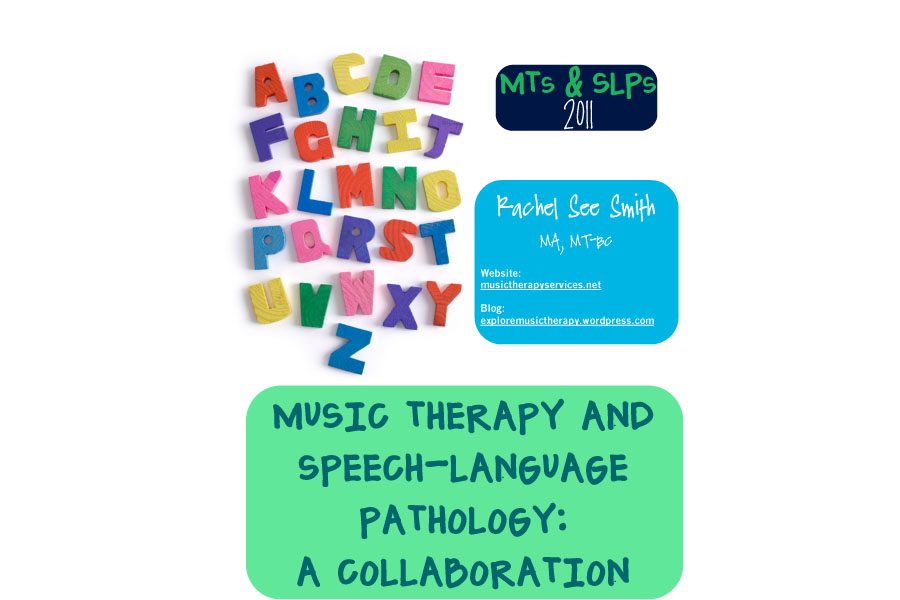Blog Series on SLP and MT Collaboration: Part 4
….And here it is! The final installment of the SLP and MT Collaboration Blog Series!
I want to sincerely thank everyone for their comments, feedback, kudos, suggestions, retweets, etc.! It has been a fun challenge to compile all of the information for these posts and I hope you have been able to learn at least one thing from them (even if it was just learning that I like to sneak a Vanilla Ice picture into a post every once in a while).
So, for “Part 4”, I am compiling a long list of documents, excel files, videos, and other downloadable materials I couldn’t fit into the previous three posts.
Enjoy the smorgasbord!
HEARING AID HANDOUTS (from the Better Hearing Institute)
REFERENCE MATERIALS
Speech Sound Development Chart
Database of articles related to Music & Speech, MTs and SLPs
References on Cochlear Implants + Music & Speech
Powerpoint: Using Music to Support and Enhance Speech and Language in Children with Cochlear Implants
VISUALS/SESSION IDEAS — I am fully confident in the fact that music therapists could turn any of the following into a song 🙂
Christmas Tree Word/Story Maps
VIDEOS
The Science and Mathematics of Sound, Frequency, and Pitch
WEBSITES FOR EFFECTIVE COLLABORATION
http://mommyspeechtherapy.com/
ARTICLES
http://news.sciencemag.org/sciencenow/2010/02/music-therapy-gives-voice-to-the.html
http://www.speechpathology.com/articles/music-therapy-and-emergence-spoken-1199#
http://www.ohio.edu/outlook/05-06/March/363f-056.cfm
WEBSITES TO INCREASE LISTENING SKILLS (Click for the .PDF)
Conclusion
Knowing the development of language and how music may further enhance and support this development in typically developing, normal hearing patients, it is interesting to see how this information could be compared and applied to patients with communication disorders. Because many patients with receptive or expressive language difficulties are learning new speech skills after the critical years for language development, it is necessary to support language skills as much and as early as possible in order to accelerate their language skills to those of their age-matched peers. These speech and language skills, both expressive and receptive, can be integrated into the music therapy session.
Music is a format in which the targeted word, phoneme, or concept can be easily added and highlighted in a way that is repetitive – providing many opportunities for the patient to hear and practice certain speech or language goals – and motivational for the patient, especially if the intervention incorporates instruments, visuals, and songs that are set up in a way that is engaging for their individual tastes and interests. It should be noted that not all patients with a communication disorder may benefit from music therapy treatment. A music therapy assessment should be conducted to see if the student is a candidate for services.
In order to implement these songs into practice, it is essential that the music therapist works alongside other professionals that are involved in the patient’s life. Through collaboration with speech pathologists, nurses, family members, psychiatrists, and other therapists, information can be gathered that could be crucial to the patient’s learning of language and speech.
Rachel See Smith, MA, MT-BC, is a board-certified music therapist with a B.A. in communication disorders from Truman State University and a M.A. in music therapy from the University of Iowa. She currently works as an independent music therapy contractor in Austin, Texas, and maintains this informational music therapy blog and the online paper, “The Collaborative Therapist”. To read about Rachel’s private practice, visit:
www.musictherapyservices.net
Comments are closed.





Thanks Rachel for such a comprehensive list of links! I look forward to exploring them further.
Thanks so much for checking out the resources, Emily! Please feel free to let me know if you have any questions, comments, or concerns! 🙂